At 12:33 p.m. on a clear Monday, a catastrophic power failure left over 50 million people in Spain and Portugal in darkness. Trains halted, air traffic control systems failed, and hospitals were thrown into chaos, showcasing the vulnerability of modern infrastructure.
The search for a single cause misses the broader issue: in complex systems like the European energy grid, disasters are not just caused—they're triggered by the system's inherent fragility. This incident underscores a critical insight from physics and systems theory: in complex systems, disaster is not an exception; it's an inevitable outcome.
Danish physicist Per Bak's theory of self-organized criticality explains how systems evolve into states where even minor faults can lead to widespread collapse. Similarly, Charles Perrow's concept of "normal accidents" in tightly coupled systems highlights how failures are not just probable but expected.
The blackout's impact was profound, affecting everything from hospital ventilators to grocery stores, illustrating how interconnected and dependent modern life is on continuous power supply. This event is a stark reminder that our lean, efficient systems are spectacularly fragile.
Nassim Nicholas Taleb's "Black Swan" theory resonates here, emphasizing that in our interconnected world, low-probability, high-impact events are becoming the norm. The Iberian blackout is not an isolated incident but a warning from the future.
To mitigate such risks, we must shift from optimization to resilience, incorporating redundancy, cross-training, and manual overrides into our critical infrastructures. Preparing for the first hour of a system failure is crucial, as it can mean the difference between life and death for the most vulnerable.
The Iberian blackout was a signal from the future, urging us to listen and act before the next crisis strikes.

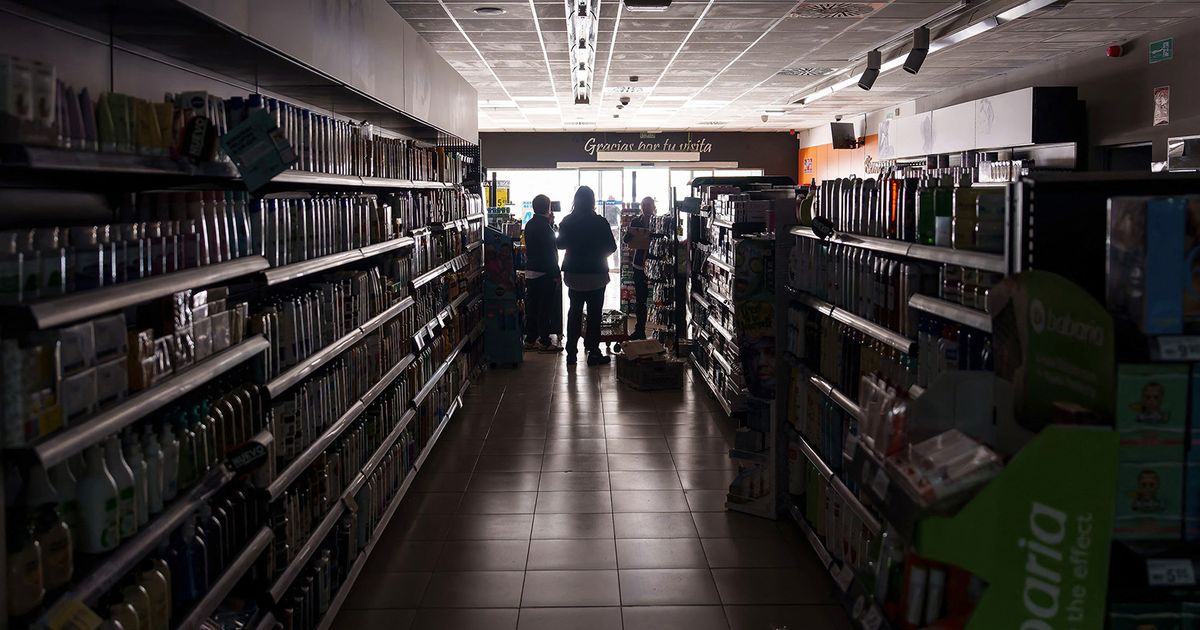

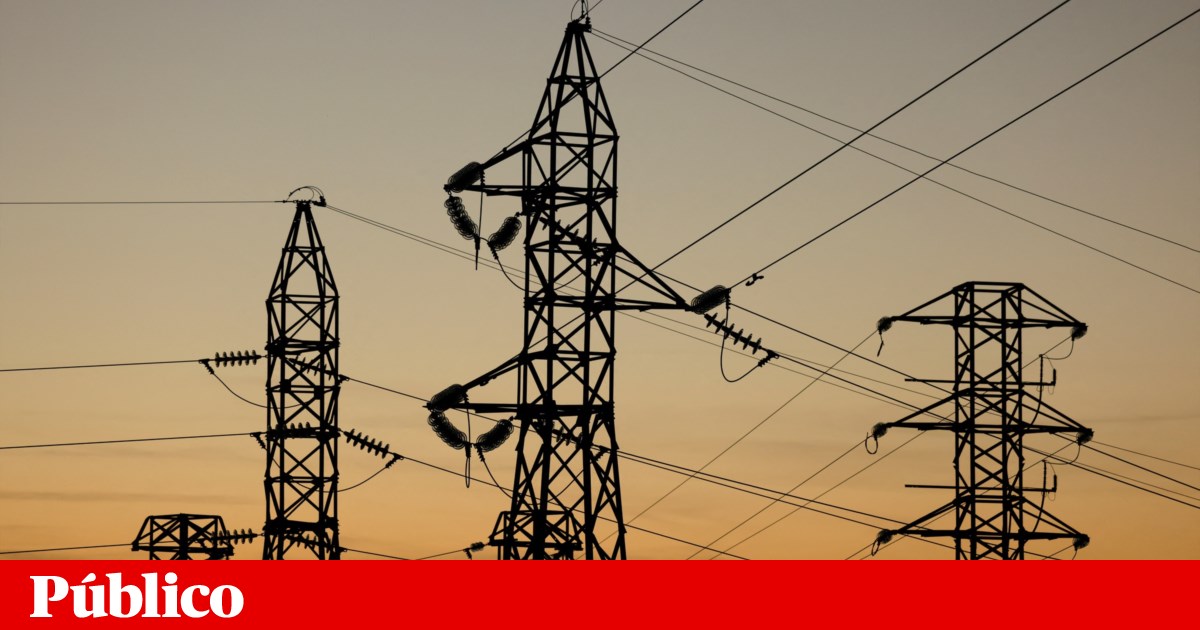



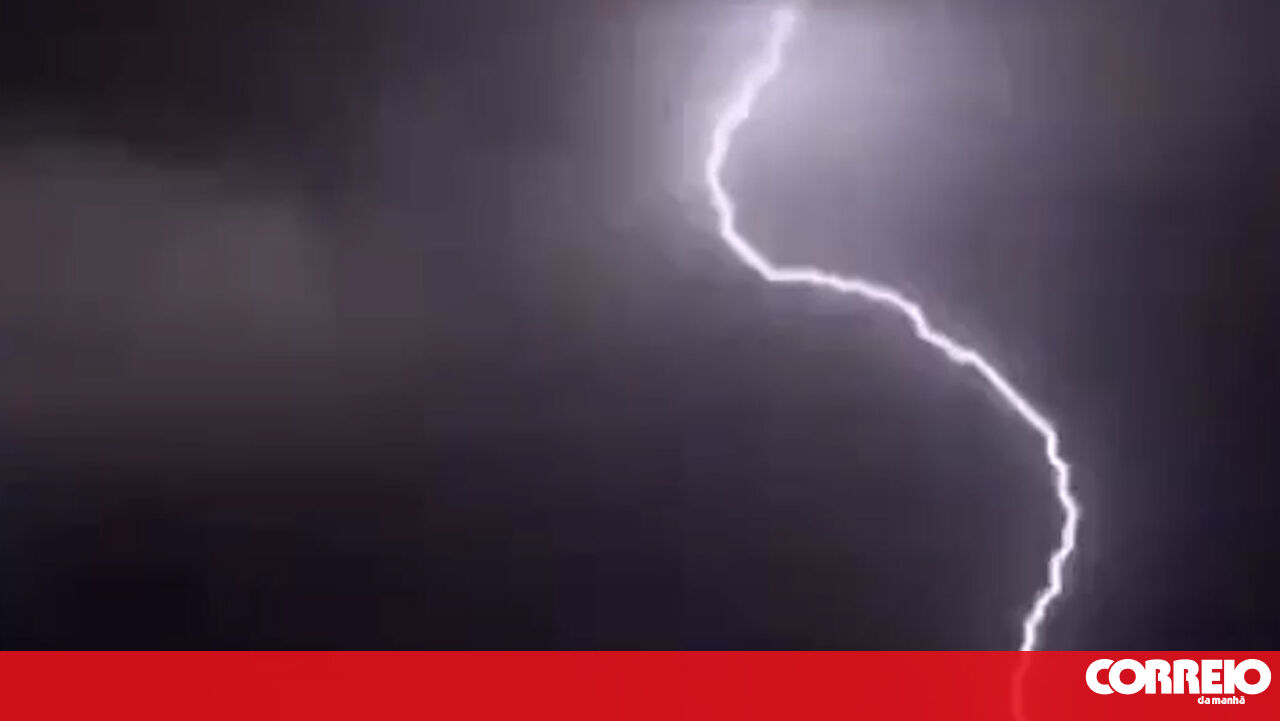
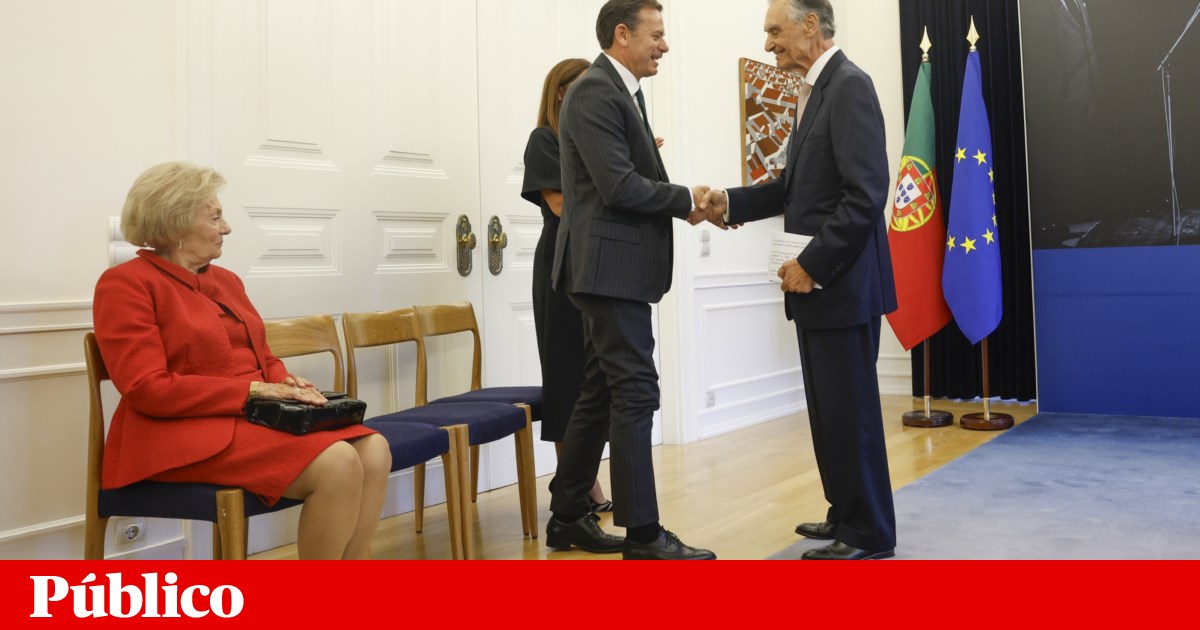


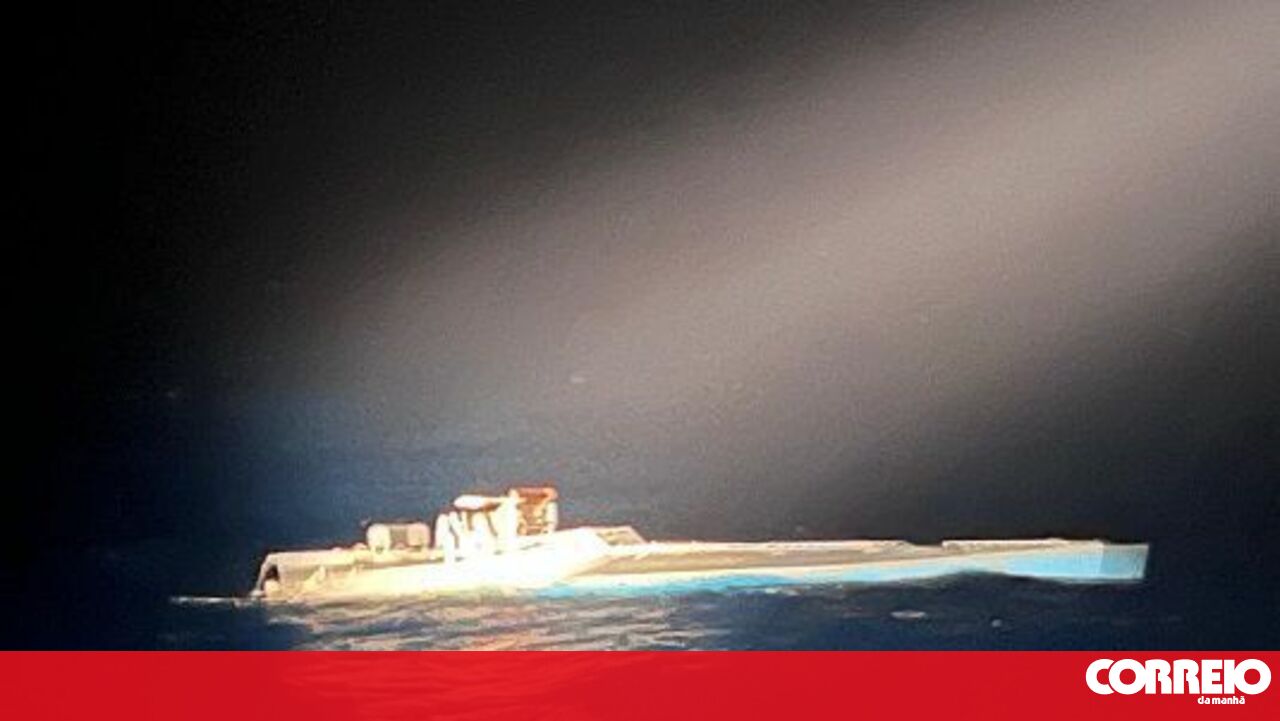


Comments
Join Our Community
Sign up to share your thoughts, engage with others, and become part of our growing community.
No comments yet
Be the first to share your thoughts and start the conversation!